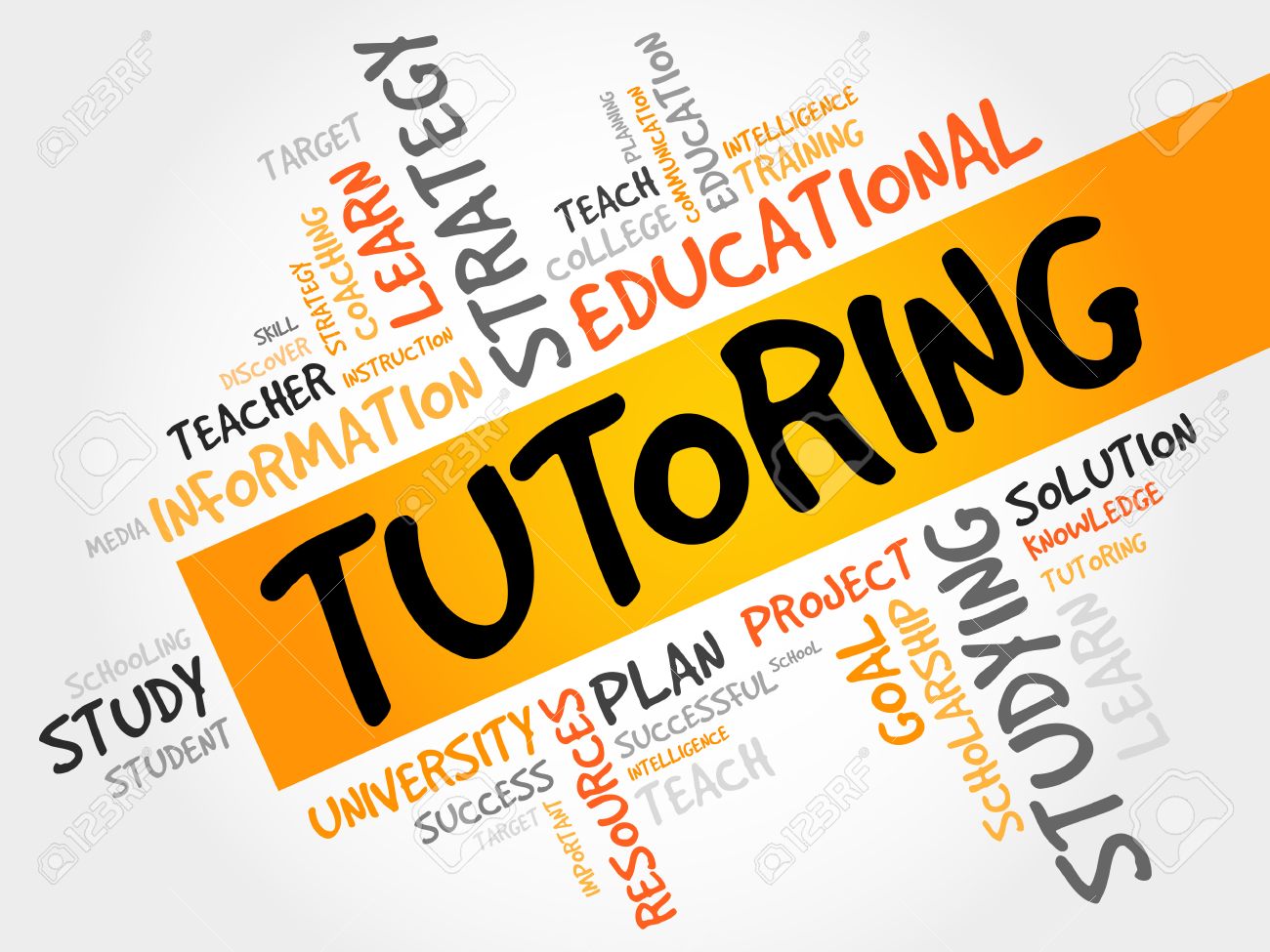Tutoring is a massive industry in many Asian countries and has become an integral part of the education system. Japan, South Korea, Singapore, Hong Kong, and China lead other nations in spending on private tuition. Parents have spent billions of dollars every year to give their children a push in the education race. Tutoring used to be only for the slow learners but global competition has placed the industry in the mainstream.

On the other hand, tutoring doesn’t seem to be such a huge industry in the U.S. Is because of the cultural differences, or some difference in society? More importantly, I am also curious whether tutoring is a good complement to the education system and actually improve the quality of education.
The first questions that should be answered are why do Asian parents would like to spend a large amount of money to let their kids get tutoring. One main reason is that the overall competition is more intense, whether it’s entering university for high school and college or in the workforce. They want to arm their children with the best education possible and feel that the formal schooling system isn’t enough. Although there is yet no evidence that grades of these students have improved, parents are not leaving anything to chance and are willing to dish out a sizable amount of the household budget for tuition. There’s also peer pressure and the “kiasu” attitude – the fear of losing out and being left behind because all the other moms and dads are sending their primary and secondary kids to private tutors.

However, in the US the great majority of parents look for the lowest-price tutoring available in their community or alternatively for free, volunteer-based tutoring. The much less demand for tutoring somehow reflects the different meaning of education between the US and Asian countries. In Asian countries, education is always closely related to social mobility. An outstanding grade in those most competitive exams, normally the college entrance exam, is like a ticket to higher social strata. It’s the best evidence of the intelligence and the potential of the person, and it never expires. More importantly, everyone can take the exam. Although the uneven distribution of educational resources certainly exists, the extreme difficulty of the exam makes it more depends on talent.
Despite the difficult nature of those competitive Asian exams, as the urbanization going, the exam is inevitably becoming more unfair. However, inequality has been existing in the US education system for so long that in the culture, people hardly consider education as a functional equalizer in society. If there is not even fairness in a competition, there is no point people would invest too much effort and money in education. It’s true that education equality and fairness has made good progress in the past decades, but it takes time for the public to change their opinion, and I think the historical unfairness in US education system is the reason for the significantly less amount of tutoring in the US.
The next question is, can tutoring actually help the education system to be better-off? In most case, my answer would be no. First of all, kids can only concentrate on studying for a limited amount of time. Spending too much time in after class tutoring can make students too tired to pay attention and thereby negatively affecting learning. Besides, even if all the children are so energetic that extra studying time doesn’t influence their ability to concentrate at all, paying to after-class tutoring is unnecessary. I have discussed one major reason for sending children to tutoring school, which is parents don’t want their children to be left behind. This type of feeling also reflected that parents do not trust the public education system enough. I acknowledged that there are some terrible public school, but if someone lives in a place where the public education system is terrible, it’s also not likely that he or she would find a much better instructor in tutoring school.
In conclusion, I think the existence of too much tutoring school is the symbol of the unhealthy education system. The goal of the education system is encouraging kids to do things they are supposed to do in their age, and everything in schools should just be enough. The schools are paid by the government to provide proper education to everyone, and students personal success should depend on themselves instead of how much their parents spend on tutoring.
source:
I found this post to be very interesting because I had no idea that many people valued tutoring in Asian countries. I agree with your observation that Americans tend to search for the cheapest tutor for their child, but only when they really need it. In the beginning of your post you questioned if it was because of our cultural differences. I think it is due to this because each country’s culture strongly influences people’s epistemic values and moral knowledge. We also tend to follow others. You mentioned, “kiasu,” which reminded me of “FOMO” (Fear of Missing Out). I think that if more people in the US were more serious about tutoring, more people would be inclined to follow the others’ position.